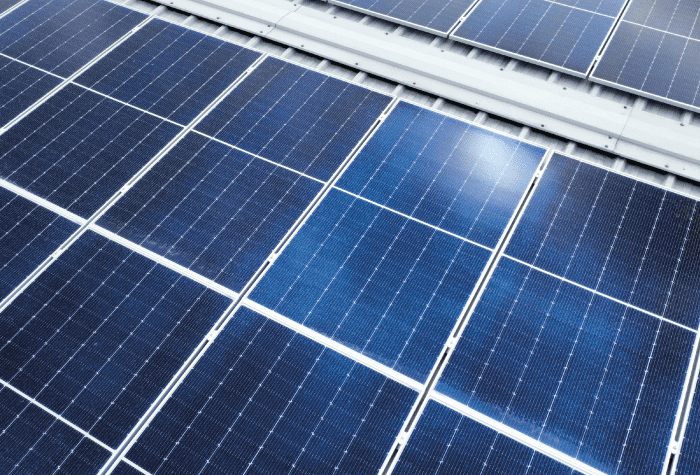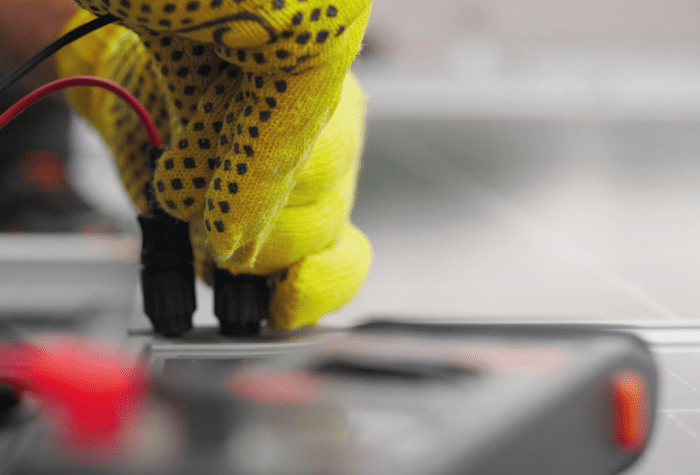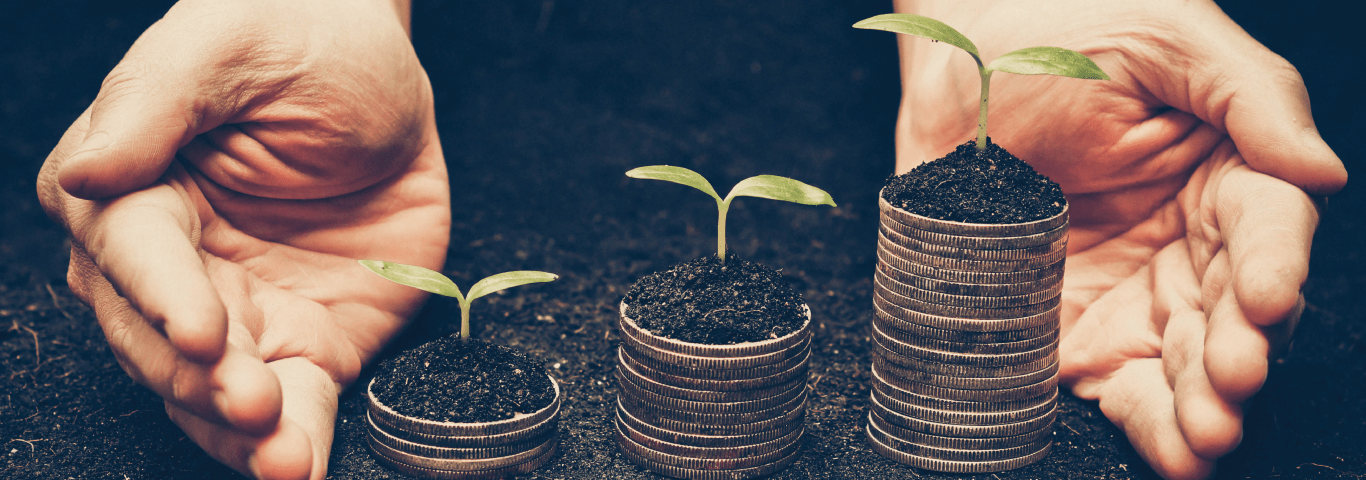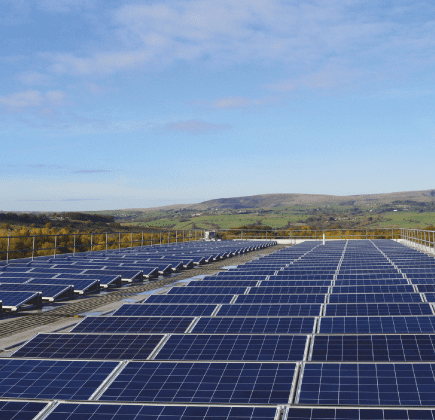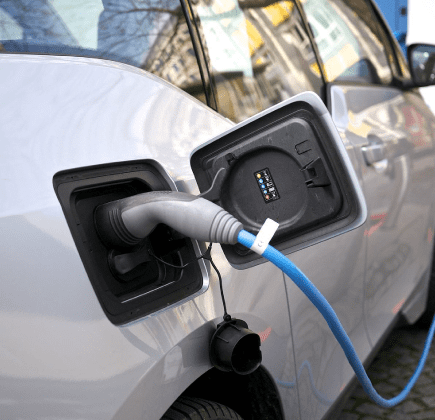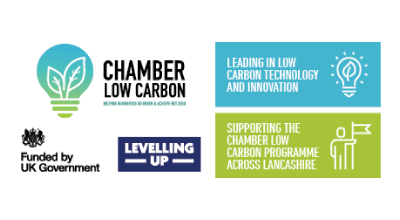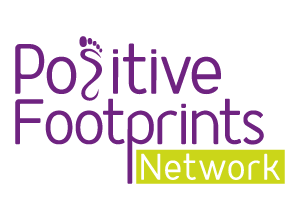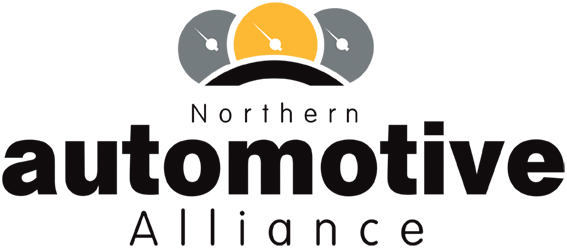- UK: 01282 421 489
- IE: 00 353 913 981 80

Our priorities as consumers are changing, and some have been accelerated by Covid-19. The national lockdown means that we’re re-examining our consumption; of power, of food, and other essentials. We’re re-evaluating what’s important, including how we live and the impact we make on the planet. While recycling initiatives and emissions aren’t always headline stories right now, there’s evidence that the UK’s population is thinking more about the undeniable link between public health and long-term sustainability – namely, what sort of future events await us if we don’t start planning ahead now.
What’s more, at a time when community and working together have never been so important, customers are increasingly expecting businesses to demonstrate their commitment to ethical and sustainable business practices, and this trend is unlikely to fade once the coronavirus recedes. So, how are consumers’ expectations changing in the wake of the crisis, and how can businesses react?
The new normal
According to a recent YouGov poll, only 9% of Britons want life to go back to ‘normal’ once lockdown is over. More than 54% of the respondents are trying to make some changes in their own lives – many of them around reducing waste – and hope that the country will similarly learn from the crisis on a larger scale. What’s more, 51% of the respondents noticed cleaner air outdoors, while 27% have noticed more wildlife.
The science backs them up. Satellite images have shown dramatic reductions in concentrations of pollutant nitrogen dioxide across the world, including China, northern Italy, and the UK. This plunge in emissions has given us a glimpse of what the world could be, and now that we’ve seen that, it could be all the driving force that many customers need in order to make a change. Given similar motivation, the UK population has made changes to their lives before – just look at the decline in the use of plastic bags for example.
And it’s important to remember that even before the current crisis, there was growing evidence of customers factoring in environmental concerns into their purchasing decisions. It all points towards a growing trend of consumers becoming increasingly more discerning and ethical in the way they shop, and the services they use.
What can businesses do?
With increasingly stark changes in customer expectations, the most successful businesses will undoubtedly be the ones that find ways to adapt to these changes, which will give them the edge over their competitors. Corporate Social Responsibility has never been more important. So, what are the best ways you can ensure that your business is adapting?
Be approachable
Throughout the crisis, consumers have been watching businesses closely, looking at the ways they treat their employees and their customers when the chips are down. That means the short-term impressions that your business makes – now and just after the crisis – will probably make a long term difference to your reputation. Therefore, it’s a good idea to double-check that you’re being proactive in listening to employees and customers’ concerns. Employees are not only your greatest resource, but they’re also one of the greatest advocates for your business, so ensuring that they feel looked after and heard is going to pay dividends for you in the long run.
Similarly, it’s a good idea to take another look at your processes and your suppliers, especially if they’re overseas, and examining what ethical practices they have in place to ensure proper treatment of their staff and the environment. Don’t forget – any shortcomings in their ethics or practices could well end up reflecting on you!
Be sustainable
We’ve already touched upon how environmental factors are increasingly affecting the way that people shop. Even from before the crisis, a survey by Kantar (a UK-based data, insights and consulting company) found that 77% of respondents said their buying decisions were influenced by environmental factors. After the seismic global changes brought about by Covid-19, the threat posed by climate change might not seem like such an abstract fear for so many people in future, so it’s likely to become an increasingly widespread concern for your existing and potential customers. It goes to show the growing importance that sustainability has not just for your business and the planet, but also in continuing to appeal to customers.
Be energy-secure
One of the biggest priorities for countless UK businesses after this will be to look at how they can set up practices and failsafes to help protect themselves against this in future. If you’re considering this yourself, your energy is a great place to start. The vast majority of businesses are dependent on the National Grid for their energy, but there are several benefits to focusing your efforts on energy independence from the Grid. First of all, it means that in the event of a widespread power cut, you have a ready supply of energy to draw upon to protect yourself from any disruptions to your operations.
What’s more though, generating your own energy through commercial solar panels and similar technologies can give you additional financial stability as you’re able to sell excess energy back to the Grid through the Smart Export Guarantee. It’s definitely worth noting its resilience to the current pandemic. In the first few months of 2020, China watched its entire energy capacity drop compared to the previous year, with only one exception – that of solar.
Renewables are protected above all by their ‘zero marginal cost’. In other words, unlike other forms of energy, solar panels don’t require you to buy fuel to make them work. Their power source is abundant, universal, and unaffected by closures of ports or airports, so you can count on solar panels to keep your business running even in the hardest of times.
Feel free to look at our case studies for just a few examples of businesses which have reaped huge rewards from solar, such as Boeing and Allertex. Here at Low Carbon, our experts have over 30 years of combined experience behind us in helping you save on business costs, and profit from having cleaner energy. To find out how we can help you, feel free to give us a call today on 01282 421 489!
 Energy Technology
Energy Technology

Inspiring change today
Call us on 01282 421 489
